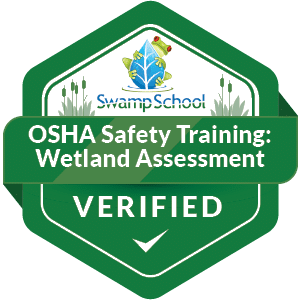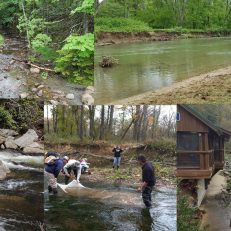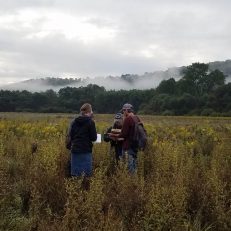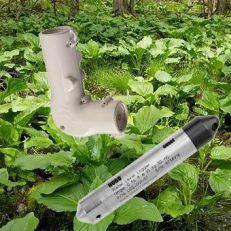Product Description
Working in wetlands exposes you to many types of hazards including the type of type of work you are doing, the job site geographic region, the season, and duration of time you are outside. The Swamp School has prepared a special webinar training program to prepare you to recognize and hopefully prevent many of the workplace hazards you may encounter while doing wetlands work.
Working in the outdoors can present a number of physical hazards. These may include extreme heat, extreme cold, noise, and sun exposure. Extreme heat can cause heat stroke, heat cramps, heat exhaustion, heat rash, and other problems. Extreme cold can cause hypothermia, frostbite, and other problems. Repeated exposures to loud noise can lead to permanent, incurable hearing loss or tinnitus.
There are also a number of biological hazards associated with working in wetlands. Some of these hazards include vector-borne diseases, venomous wildlife and insects, and poisonous plants. Venomous snakes, spiders, scorpions, and stinging insects that can be found throughout various geographic regions, and are especially dangerous to workers who have allergies to the animal. Poisonous plants can cause allergic reactions if their oils come in contact with skin. These plants can also be dangerous if burned and their toxins are inhaled.
Let us not forget about some of the nasty vector-borne diseases that can be spread by insects, such as mosquitoes or ticks. When a mosquito or tick bites you, it may transfer a disease-causing agent, such as a parasite, bacterium, or virus.
You may also encounter other hazards including exposure to pesticides or other chemical hazards, traumatic injury hazards, or other safety and health hazards depending on the specific job and tasks.
To help you stay safe we want you to join us for our wetland workplace safety OSHA training program. In two short hours we will cover the safety topics mentioned above, plus a few tips and tricks we have learned from working in the field.







